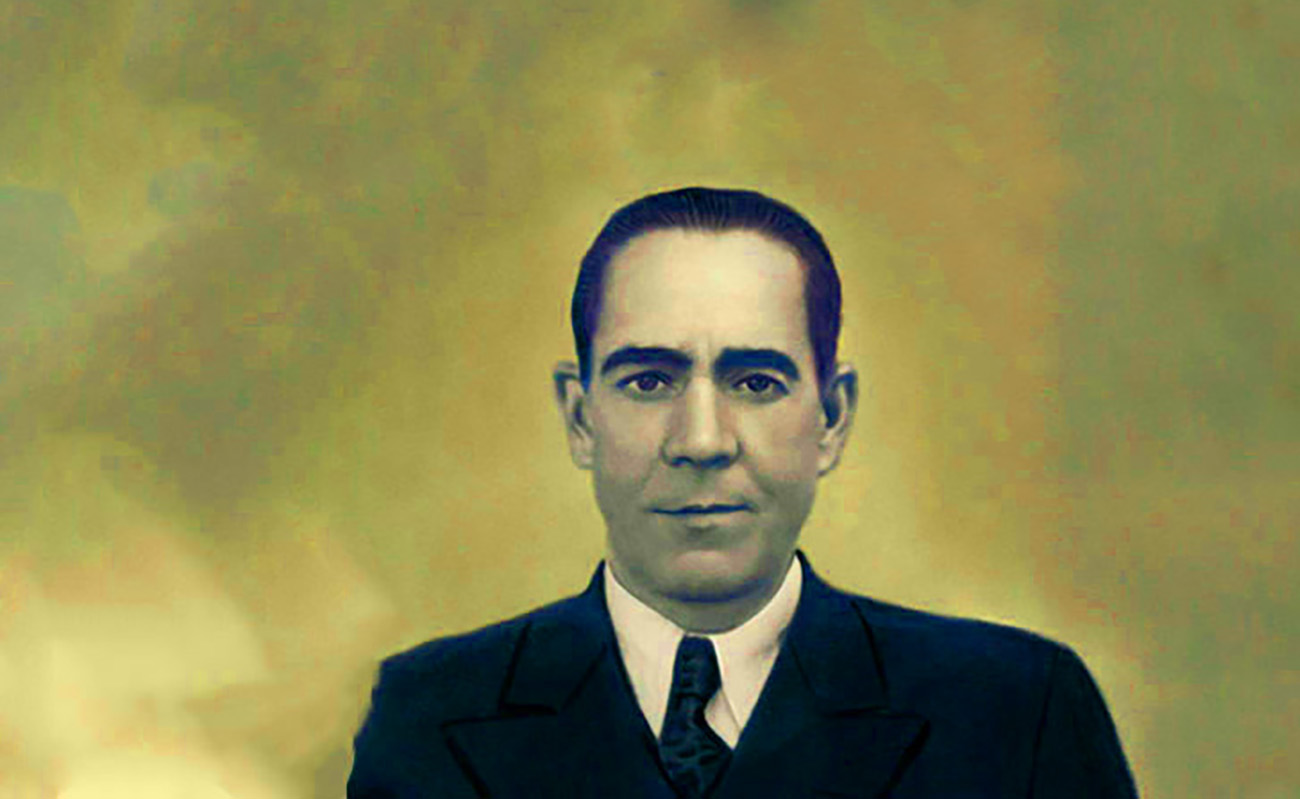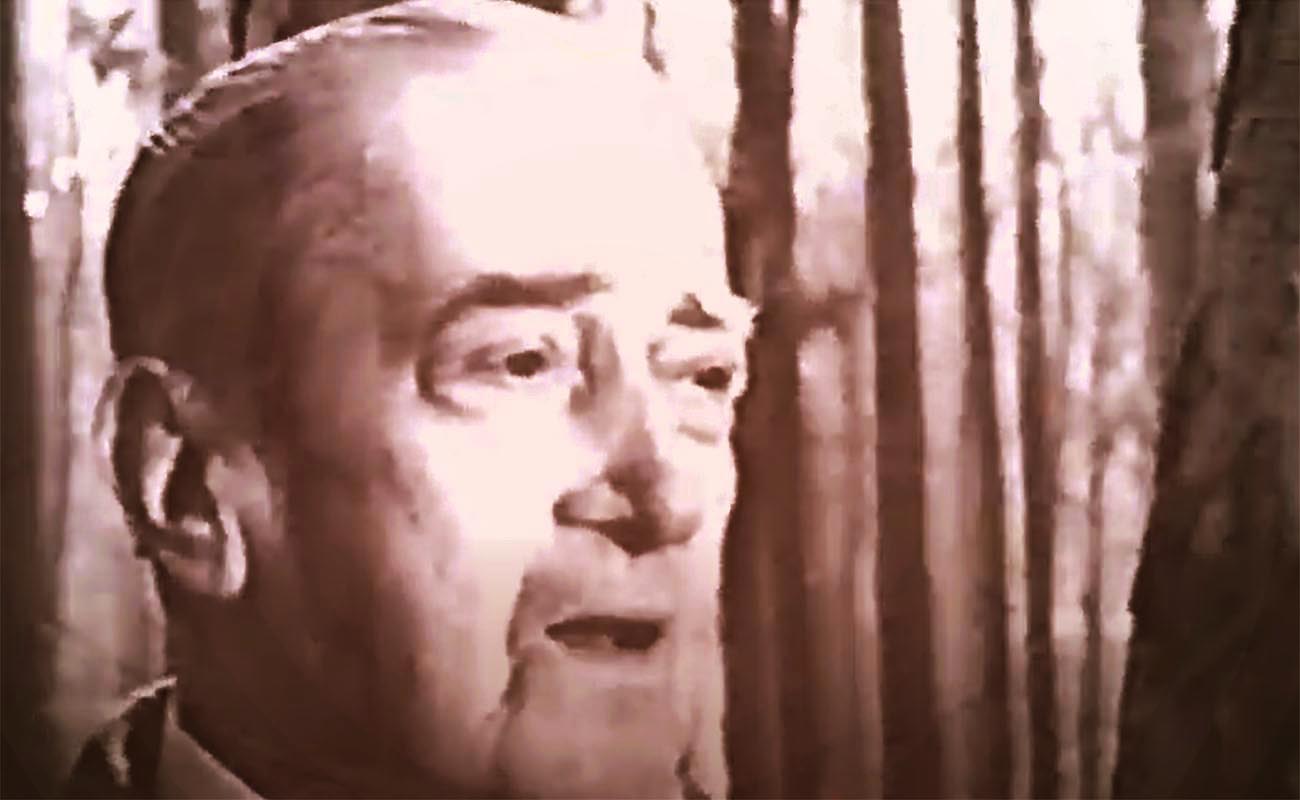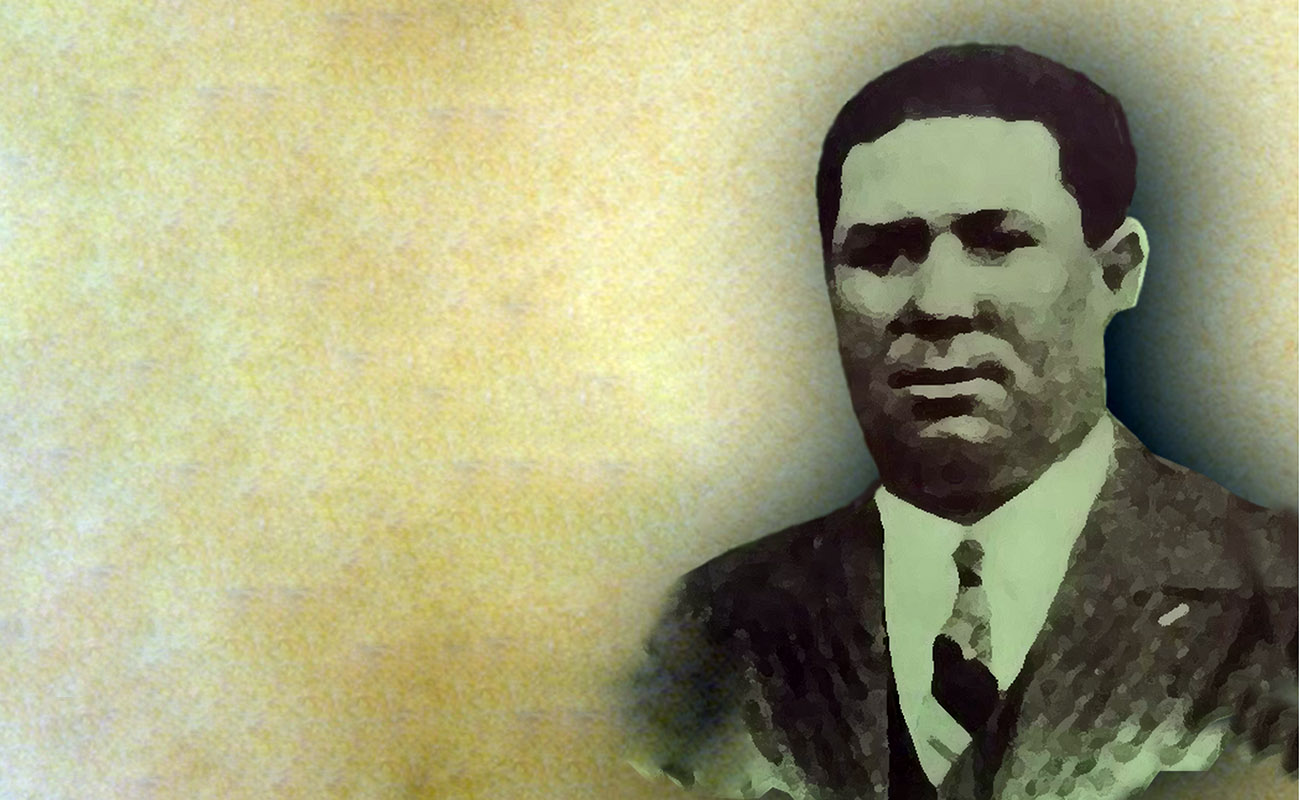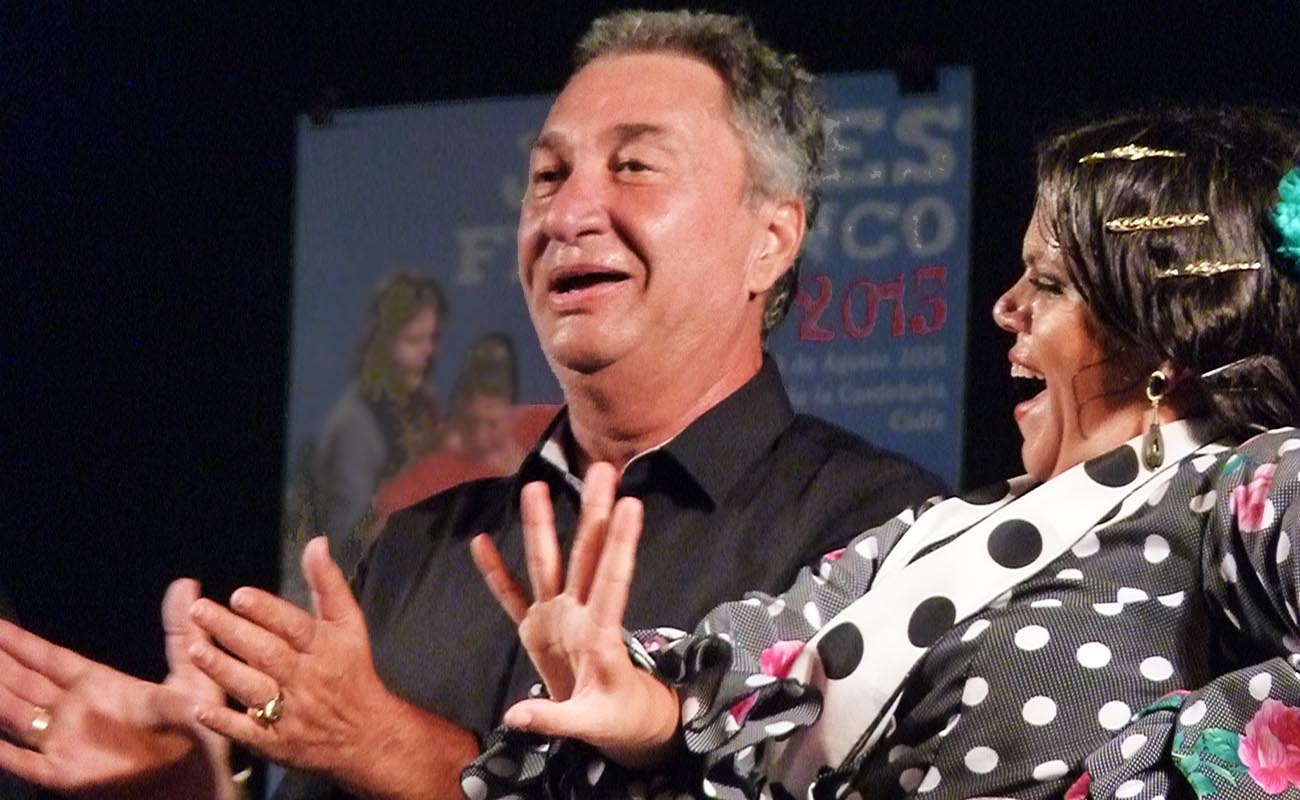A story about Tomás
Just after the end of the Spanish Civil War, Tomás showed up with a wealthy aficionado from the Basque country in northern Spain, a sensitive soul who was only interested in lyrics about mothers, as his own mother had just passed away, and wanted to listen to him singing in private.

One night, more than thirty years ago, as I was having some drinks at La Alameda de Hércules, the popular street in Seville which for many years was the most important flamenco spot in the whole world, I met a close friend of Tomás Pavón, a man over 80 years old, thin, with a grumpy face and a very faint voice, Antonio Villegas Acedo. This man had owned a little tavern on Relator street, inherited from his father, and he told me that one night in the early 1940s, just after the end of the Spanish Civil War, Tomás showed up with a wealthy aficionado from the Basque country in northern Spain who wanted to listen to him singing in private. Before starting, Tomás, brother of Niña de los Peines, sent for the guitarist Antonio Moreno (born in Córdoba but raised in La Alameda), with whom Pastora Pavón had recorded several great albums in 1932. That guitarist was as reserved as Tomás, according to Antonio Villegas, and he couldn’t stand any kind of nonsense.
The Basque aficionado was a sensitive soul who was only interested in lyrics about mothers, as his own mother had just passed away, and fandangos were his favorite cante. Tomás used to sing to his mother, Pastora1, those moving lyrics “A mi mare por su alma / toítas las noches le rezo” (“For my mother’s soul I pray / Every single night”), por granaínas, and he sang it over and over. The Basque aficionado did nothing but cry and drink like a fish, while Antonio Moreno, another gentle soul, comforted him. This went on the whole night, and in the morning the aficionado asked them how much he owed them for their private performance. Tomás and Antonio looked at each other, very seriously, and as they had agreed beforehand, Tomás said: “Look, since you’ve spent the whole night crying, it’s all good. Just pay for the drinks and that’s it”.
«As there were no dressing rooms in the venue, someone told them they could change in a nearby basement, part of a funeral home. When Vallejo went down to the basement and saw the caskets, he ran up the stairs, cursing Naranjito and all his ancestors, and he never went back to that town ever again»
One day I told this story to Chocolate, a die-hard fan of Tomás, and he told me a similar story which happened to him when he was about 15 years old. There was a very wealthy aficionado in Seville who loved his mother very much and one night, at the time when Chocolate made a living with La Moreno, he met him and asked: “Would you be able to sing some sentimental fandangos for my saintly mother?”. Chocolate said that he wouldn’t mind at all, and besides he was starving and needed the money. The aficionado got him in his car and took him to Seville’s cemetery, by the old San Gerónimo bridge, which no longer exists. It was raining when they stopped at the bridge and the aficionado asked Chocolate to sing half a dozen fandangos for his mother. Antonio wished he was dead himself, as it was raining cats and dogs, singing without a guitarist and watching the pointy cypress trees in the cemetery across the bridge. As he sang lyrics of Carbonerillo and Bizco Amate, the poor man cried like a child. Can you imagine that scene, such a gloomy sight? Such were the aficionados of those days, people who could ask a cantaor to sing specific lyrics and palos, because they could pay for it. This happened often at La Alameda, in venues such as La Europa and Las Siete Puertas, which no longer exist.
Those were hard days for cantaores and cantaoras, and that was perhaps demeaning, but it was the work available. Only a handful of artists could make a living performing in theatres. Some cantaores would not bow to the will of the señoritos, though, such as, for example, Manuel Vallejo. If anyone asked don Manuel to sing romantic lyrics, for being in love or perhaps heartbroken, he would retort: “Send for Niño de Marchena, as roses and perfume come out of his mouth”. He could not stand him, by the way, having said once that he was a “ladies’ cantaor”. Then there were those who would ask Vallejo to sing about dead people. In his later years, already half-retired, Naranjito de Triana hired Vallejo to sing with him in El Viso del Alcor. As there were no dressing rooms in the venue, someone told them they could change in a nearby basement, part of a funeral home. When Vallejo went down to the basement and saw the caskets, he ran up the stairs, cursing Naranjito and all his ancestors, and he never went back to that town ever again.
—
1 Pastora Cruz Vargas was the mother of Tomás Pavón, Pastora Pavón (Niña de los Peines) and Arturo Pavón




